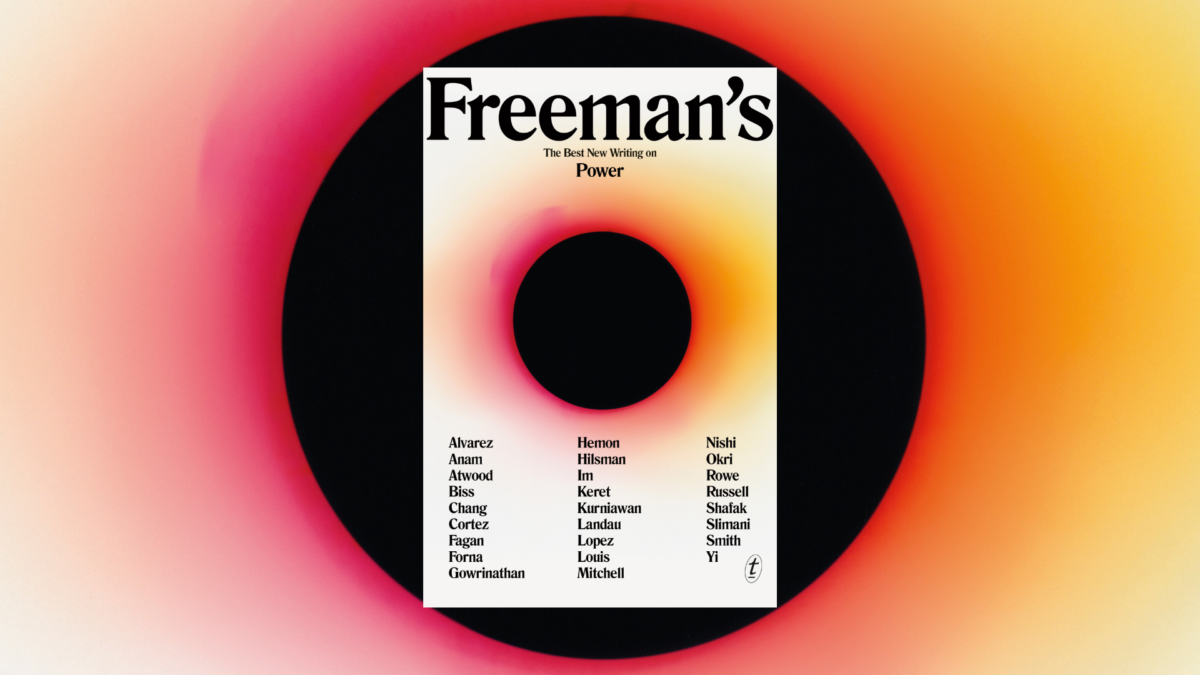
Power is a fundamental thing. A lack of it can render someone a wretched husk, and too much of it can make people go drunk and blind. Writer and editor, John Freeman knows all this, because he chose it as the topic for the latest instalment of Freeman’s Best New Writing; the anthology that includes exciting long-form literary pieces from emerging and established authors.
Freeman is the former editor of Granta, a UK literary journal. This makes him something of an authority on writing, and like a literary A & R guy looking out for the next big hit. The two journals he has edited share some things in common, with both celebrating fresh pieces by unique voices. These dynamic articles have been a hit with readers, with previous instalments including thought-provoking articles about family, homes and other broad subjects.
This collection has an American slant and includes fiction, non-fiction and poetry. The darkness of Syria’s uprising and refugee crisis is covered in a graphic essay by Patrick Hilsman and Chris Russell. This proved to be a strange departure in style with many of the other pieces fitting a more formal and almost academic-style of presentation and tone.
In “Captive” Nimmi Gowrinathan describes Stockholm Syndrome, framing it within the context of female kidnapping victims who have experienced a lifetime of oppression. Aminatta Forna meanwhile, has us checking over our shoulders as she describes being a victim to racist abuse in “Walking.”
The ever amazing, Margaret Atwood examines the need for more female werewolves, whilst rising star Nicole Im takes a different tact and offers us a side of sharks and suicide, which proved to be quite a thoughtful look at mental illness. But the most visceral essay here is “Grenfell Tower, June 2017” by Ben Okri. This poetry is absolutely disarming as Okri describes the victims of London’s tragic apartment block fire. Okri laments the exploitation that occurred, which opened the doors to such a tragedy.
The essays in Freeman’s latest collection tend to flirt with the darker sides of power. Due to this and the variety on offer, some of these pieces will resonate with certain readers more than others. It is important to note that the authors interpret the “power” brief in many different ways: some literally while others choose a tenuous link. What is clear is that there are two things binding these pieces together: the theme and lots of passion. These talented writers have created such intriguing pieces in what is ultimately a timely collection.
![]()
![]()
![]()
![]()
![]()
THREE AND A HALF STARS (OUT OF FIVE)
Freeman’s: Power is available now from Text Publishing
